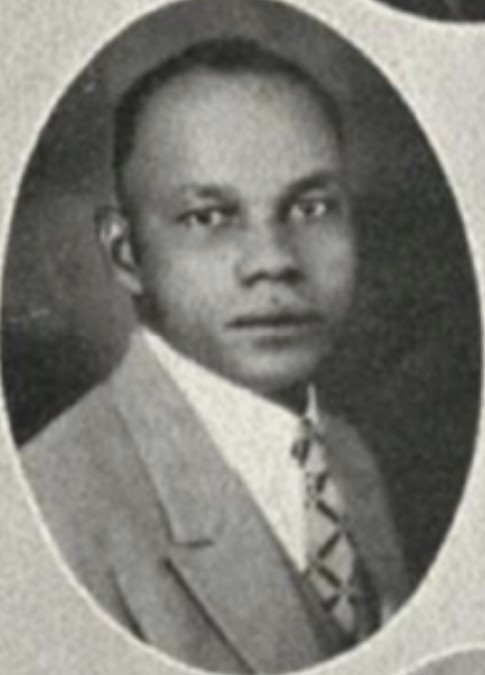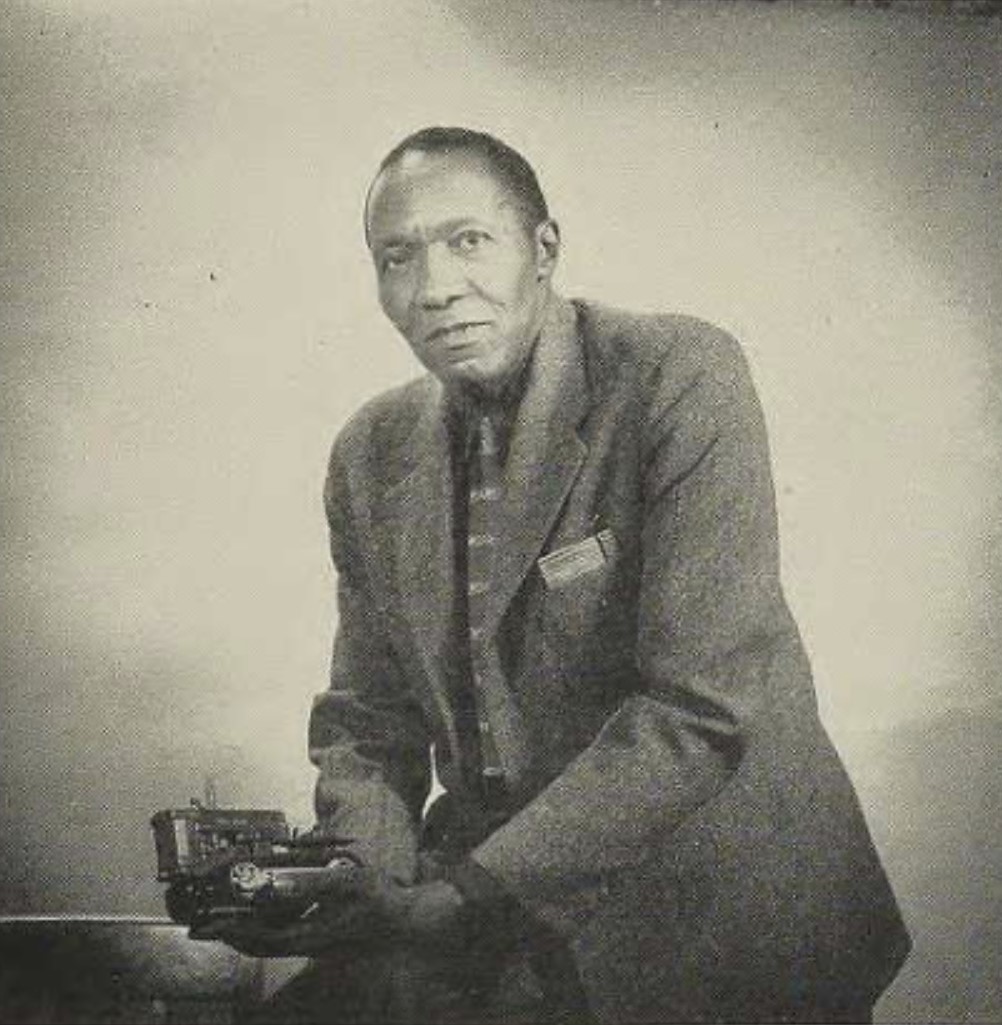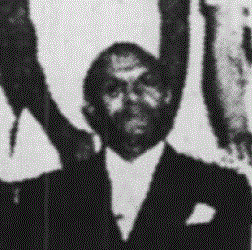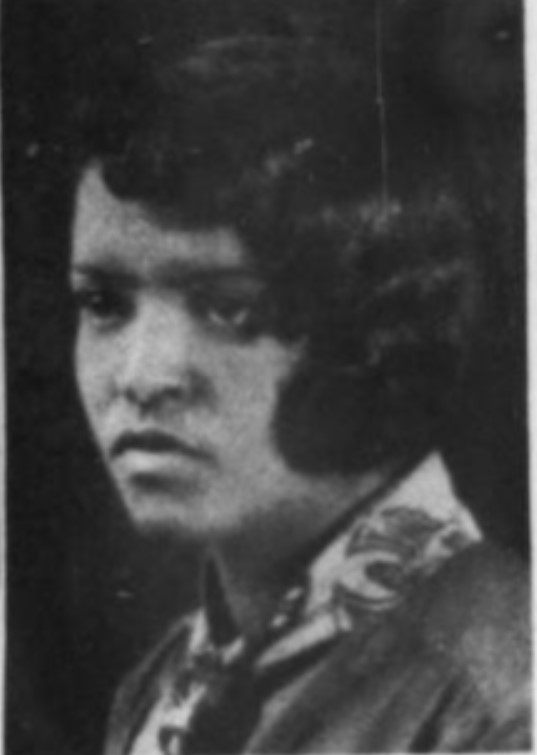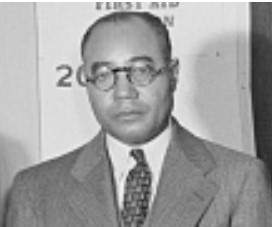Willa Juanita Ewing, known as “Juanita,” was born 29 December 1903 in Keytesville, Missouri, to William Ewing and his wife Lee Ewing. Juanita’s mother married several times which resulted in Juanita’s name changing in her youth. Leaving her first husband in Missouri, Lee moved with her young daughter to Des Moines, where she married Edwin H. Carter. The Carter family moved to Ames in 1915, becoming one of the earliest known Black families in the community. By 1920 Lee was a widow, working as a housekeeper at the Tri Delta house and living there with her daughter, called “Waneeta Carter” in the 1920 census. By 1925 Lee had married her last husband, Charles A. Anthony, and with daughter “Juanita Ewing,” according to the 1925 census, had moved to a house at 2928 Woodman (now Wood) Street.
During her undergraduate years in the 1920s, Juanita lived with the Anthonys at their Woodman Street home. The family made money during the Depression by renting the house to Black ISC students for several years after 1930, during which time the family moved into the Phi Gamma Delta fraternity house, where Lee was a cook. This situation was similar to that which Lee and Juanita had experienced when they first moved to Ames between 1915 and 1920 and lived at the Tri Delta house.
Ewing was the first Black graduate of Ames High School in 1922 and is the first recorded African American woman to receive a degree from Iowa State College: a Bachelor’s of Science in Botany in 1926, and later, in 1935, a Master’s of Science in Horticulture. During her time at ISC, Ewing was active in the Ya-Wa-Ca Club, affiliated with the Young Women’s Christian Association (Y.W.C.A.) When she graduated in 1926, Juanita was one of only 13 Black regular session students at ISC (“A Record,” 1926). Her classmates included Compton Chapman, Benjamin Crutcher, and Maurice Thomasson.
After completing her Master’s degree in 1935, Ewing got a job at the Alabama State Teachers College (now Alabama State University) in Montgomery, Alabama, where she first served as an extension agent, then taught freshman and sophomore botany, and later was placed in charge of beautification of the college grounds. As a member of Delta Sigma Theta Sorority, Ewing was instrumental in establishing a chapter of the sorority at Alabama State and, later, in 1959, after she had moved to Fairbanks Alaska, was a charter member of the Alaska Alumnae Chapter in Fairbanks, Alaska.
By 1965, she was teaching at Joy Elementary School in Fairbanks. That same year she lodged charges of racism in teacher hiring against the district Superintendent, a move that would, no doubt, have garnered the approval of her long-dead mother, one of the earliest members of the Ames Branch of the NA.A.C.P.
Willa Ewing died in Des Moines, Iowa, on 8 May 1985.
Iowa State College Thesis Title: The comparative anatomy of the leaf of Brassica juncea (L.) Coss. and its broadleaved and curled varieties, 1935
Iowa State University Catalog Record:https://lib.dr.iastate.edu/rtd/17726
Sources
Photo Credit: A record of the Negro at college 1926. (1926, August). The crisis: A record of the darker races, p. 187.
Biography available at HBCU Connections at Iowa State University : Willa J. Ewing ( http://hbcuconnections.iastatedigital.org/Willa_J._Ewing )
A record of the Negro at college 1926. (1926, August). The crisis: A record of the darker races, p. 174.
